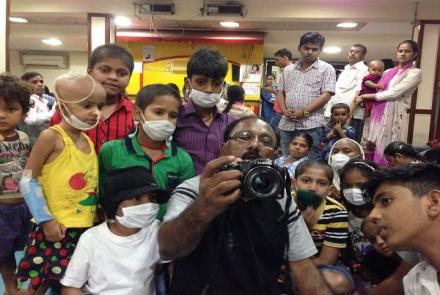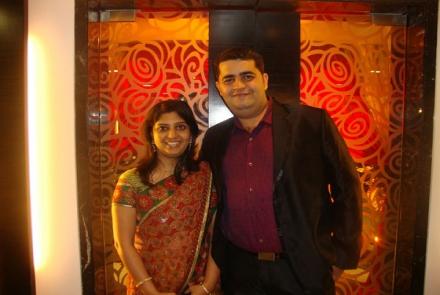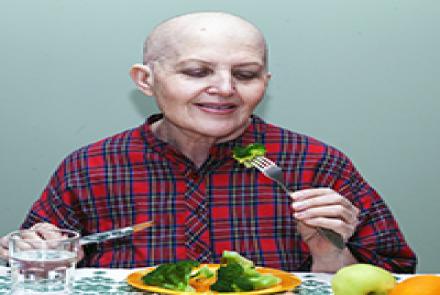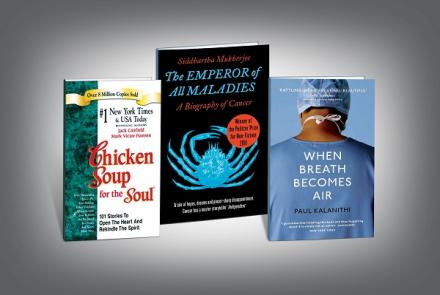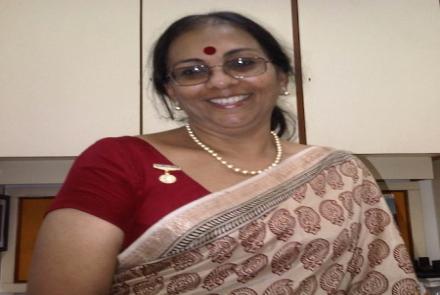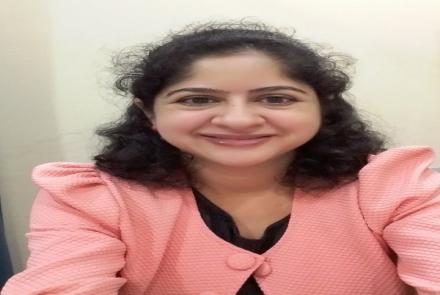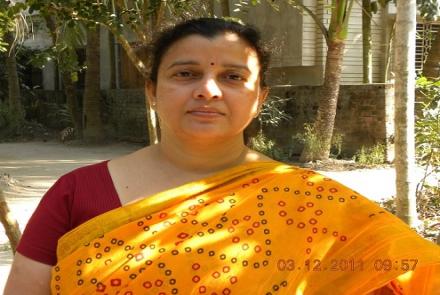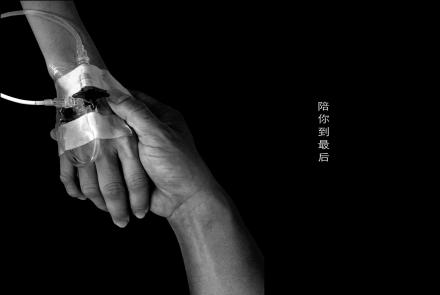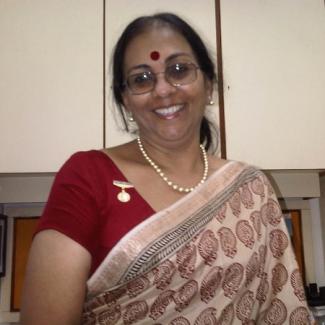
Susmita Mitra, Director - Special Projects at Cancer Patients Aid Association (CPAA), underlines the concerns and worries of cancer patients and emphasizes the importance of Psycho Oncology, a comparatively recent addition in cancer care, to build a positive frame of mind, ease trauma and facilitate recovery.
It is well recognized that compared to any other disease, a diagnosis of cancer results in immense trauma to the patient on one hand, and his family members on the other, as they grapple with feelings of uncertainty about the future, long drawn treatment, painful side effects and the growing burden of healthcare costs, when cancer becomes part of their lives. In today’s world, it is being increasingly felt that besides the difficult medical aspects, the psychological and spiritual effects have to be inbuilt in the primary cancer care model. Recognition of the importance of this holistic form of treatment has led to the development of a specialized field of care which is encompassed in the term “Psycho Oncology”.
Psycho Oncology is a comparatively recent addition in cancer care and can be best explained in the words of psycho-oncologist Dr Steven Greer (1976) - “The most important task of Psycho-Oncology is to close the yawning gap between current knowledge and actual clinical care of patients.”
Psycho Oncology is the psychological responses of patients to cancer at all stages of the disease and that of their families and caretakers. It is clearly evident that the psychological, behavioural and social factors do influence the disease process and recovery.
Among all other factors, ‘Stigma’ is one of the most important issues in all stages - diagnosis, treatment, cure or remission. Discussed below are concerns and worries affecting the acceptance of cancer in different stages:
Diagnosis stage
From the point of view of the patient:
On diagnosis of cancer, one feels humiliated and also ashamed. The fear of the disease, doubts of getting cure, survival, along with stigma, like fear of being blamed, ostracized, make the situation more complicated and difficult to accept the diagnosis. One would not like to be seen in society as a cancer patient. As a result he /she decides to hide the diagnosis and not go for treatment in extreme cases. The patient typically goes through all the stages described in the grief and loss cycle –
- Denial
- Anger
- Bargaining
- Depression
- Acceptance
The fear of the “Big C”, doubts about possible side effects of the treatment, survival issues, along with stigma associated with the disease, make the situation more complicated.
From the point of view of caregivers:
A caregiver firstly fears losing the dear one, and then subsequently also goes through similar feelings as the patient. At times, the caregiver does not know how to go ahead. Stigma occasionally results in hiding the diagnosis from the society because of social taboo, in some cases blaming the patient (which is harmful for the patient), blaming God, and trying to find a reason. There is always a feeling that they are not doing enough to share or ease the suffering. With no dearth of half-baked information available online, caregivers worry about genetic effects-defects they may carry and pass on to their children.
Treatment stage
From the point of view of the patient:
Treatment of cancer is different from the treatment of any other disease. It is long, does not follow a routine protocol, and could spread over the years, despite cure. The treatment might result in loss of hair, symptoms like diarrhoea, weakness, infection, physical deformity (in few extreme cases), amputation (especially Mastectomy). Patients feel uncertain or doubtful about the cure, feel less desirable, handicapped, and fear being abandoned by the loved one.
From the point of view of the caregiver:
This stage is even more difficult for the caregivers. In the absence of medical insurance, it is usually the responsibility of the caregiver to arrange funds for the treatment, a strain for those coming from middle and lower economic background. Looking after the patient becomes physically and emotionally taxing to even the most loving caregiver in the long run. They face the same uncertainty as the patient and must witness second hand, the pain and suffering of the treatment. It is important, in the circumstances, for the caregiver to be detached, take control of the situation and support the patient during this stage, rather than showing their anxiety.
End of treatment
From the point of view of the patient:
At this stage, the patient feels physically better, but still uncertain about the future. During the treatment, they are consumed with the day to day schedule, but at the end a feeling of vacuum creeps in. At this stage, they often lose self-confidence; feel apprehensive about their ability to get back to their routine life. They feel they will always be a ‘survivor’ in status (always a cancer patient). A loss of belonging occurs; fear of relapse also remains at the back of the mind. Even friends, relatives, colleagues get confused about how to behave, whether to sympathize, or behave normally. These factors make it even more difficult for the patient to return to a normal way of life.
From the point of view of the caregiver:
The caregiver in this stage basically goes through the same feelings of uncertainty; fear of relapse, loss of belonging, hence tends to get over protective.
Conclusion
Several psycho-oncology programmes have added high ‘distress’ levels in many cancer patients along with other vital signs like blood pressure, body temperature, respiratory rate, pulse, heart rate and pain. Mental support is equally important along with the medical treatment in cancer.
It is clearly evident that in cancer, along with the medical issues, there are several psychological issues which make the situation complicated and these need to be taken care of. Proper acceptance and positive frame of mind helps the medical treatment. This is accepted even by the medical fraternity.
Counselling and guidance for the patient and the caregivers is important. The councillors, volunteers or Support group can help make this possible. Caregivers in this scenario are equally (if not more) important, so proper mental support should be provided to them by listening (as they need to express their feelings), supporting and acknowledging them.
As an NGO, Cancer Patients Aid Association (CPAA) puts all effort to provide this support.


